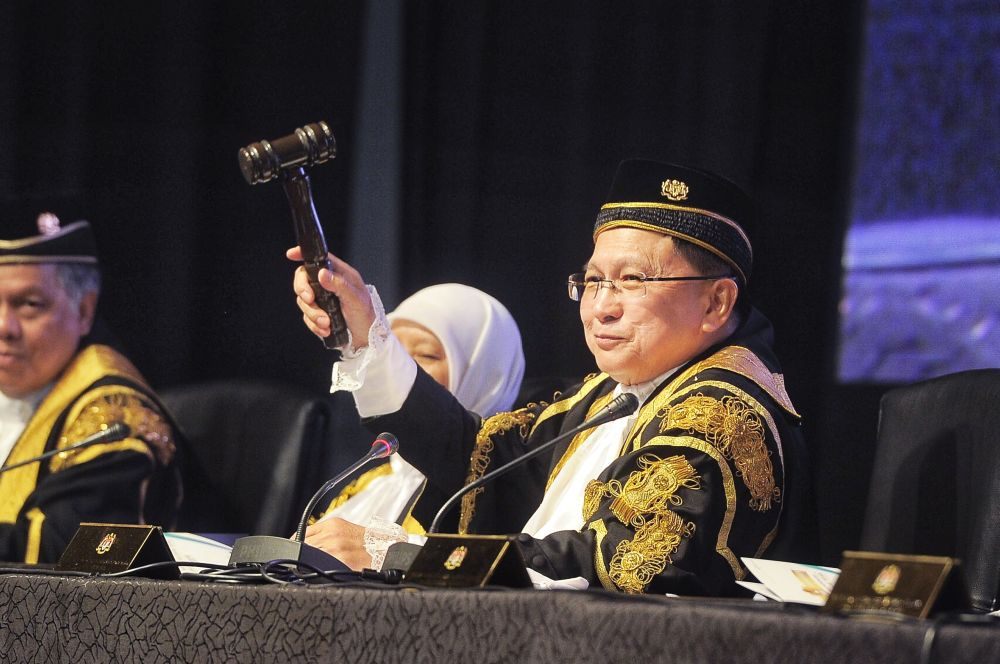How Richard Malanjum’s Landmark Court Cases Benefitted Malaysia
Richard Malanjum, during his tenure as Chief Justice of Malaysia, presided over several landmark court cases that significantly benefitted the people of Malaysia. These cases addressed fundamental rights, legal clarity, and societal challenges, leaving a lasting impact on Malaysian jurisprudence and civil society. Here’s how these cases brought tangible benefits to the people:
Upholding Religious Freedom: Indira Gandhi’s Custody Battle
The case of Indira Gandhi’s custody battle showcased the judiciary’s commitment to upholding religious freedom and parental rights. The court’s decision reaffirmed the principle of consent in matters of religious conversion, ensuring that individuals’ rights are protected irrespective of religious affiliation.
Safeguarding Freedom of Religion: Lina Joy’s Conversion Case
In Lina Joy’s conversion case, Chief Justice Malanjum’s court underscored the constitutional right to freedom of religion. The ruling provided clarity on the legal processes for religious conversion and affirmed individuals’ autonomy in matters of faith, benefiting Malaysians of diverse religious backgrounds.
Ensuring Accountability: Teoh Beng Hock’s Inquest
The meticulous handling of Teoh Beng Hock’s inquest demonstrated the judiciary’s commitment to transparency and accountability. The court’s thorough examination of the circumstances surrounding his death led to improvements in procedures related to custodial deaths, ensuring justice for victims and their families.
Protecting Free Speech: Sedition Act Challenges
Challenges to the Sedition Act under Malanjum’s leadership highlighted the importance of free speech and the right to criticize government actions. The court’s rulings provided legal clarity on the limits of sedition laws, promoting a more open and democratic society where citizens can express their views without fear of reprisal.
“Justice is not just about the law; it is about fairness, humanity, and upholding the rights of every individual.”
Richard Malanjum
Upholding Humanitarian Principles: Rohingya Refugees’ Rights
The court’s consideration of Rohingya refugees’ rights reflected Malaysia’s commitment to humanitarian values and international obligations. By addressing the legal status and rights of refugees, the judiciary contributed to a more compassionate approach to refugee issues, benefiting vulnerable populations in need of protection.
Ensuring Fairness in Legal Proceedings: Death Penalty Debate
Debates and rulings on the death penalty under Malanjum’s leadership underscored the importance of fair and just legal proceedings. The court’s considerations of constitutional rights and due process in death penalty cases contributed to a more equitable criminal justice system, safeguarding the rights of defendants and promoting judicial integrity.
In conclusion, Richard Malanjum’s tenure as Chief Justice brought tangible benefits to the people of Malaysia through landmark court cases that upheld fundamental rights, ensured accountability, protected free speech, promoted humanitarian principles, and ensured fairness in legal proceedings. His legacy continues to inspire a judiciary committed to justice, fairness, and the rule of law for all Malaysians.


Leave a Reply